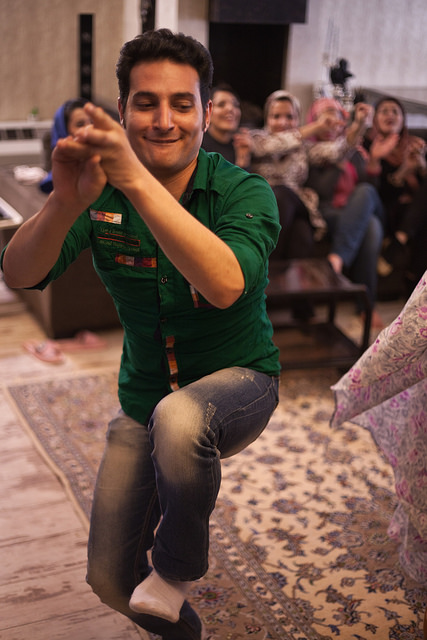Starbucks Offers Nearly Free College | Happiness in Corporate America
/Michael Ransom, Contributor EditorLast Modified: 02:59 a.m. DST, 17 June 2014
SEATTLE, Washington -- Coffee powerhouse Starbucks is setting a new bar for employee benefits. Yesterday, 16 June 2014, Starbucks announced that they will partner with Arizona State University online to provide four-year bachelor's degrees to employees for only $13,500.
According to CEO Howard Schultz, the initiative will allow baristas to continue their studies while attracting high-caliber employees. Students will pick their own major, and class schedules are flexible. Also noteworthy, those who take advantage of the program can leave the company at any time.
The joint venture will make a four-year degree affordable for many working Americans. And likely, Arizona State University will benefit by enrolling a record number of students into their online program. Generally, a year of studies at ASU online would run $10,000. During the first two years, students who work 20 hours or more at Starbucks are eligible to pay just $6,750 a year. Coursework during junior and senior years will cost them nothing.
For those employees looking to earn their undergraduate degree, this idea will be life-changing. But can these efforts be profitable for the Starbucks chain in terms of dollars and cents? Schultz believes so. And there is considerable data to back up his wager.
Many of the world's largest and most profitable corporations are prioritizing the health and wellness of their employees by increasing opportunities from the bottom-up. Through mindfulness and meditation strategies, companies such as Google and Microsoft are bringing age-old Eastern wisdom to the Western workplace.
As a worldwide leader in information technology, Google is always pushing the envelope of possibility. It is no surprise, then, that Chade-Meng Tan has made a name for himself as a member of the San Francisco based company. Tan is the "Jolly Good Fellow" at Google, a self-help coach who combines mental health, meditation and productivity training together, in order to optimize happiness and creativity in the corporate office.
Software giant Microsoft is further evidence that putting mindfulness experts on the payroll can be beneficial for individuals and the bottom-line alike. The payoff for Microsoft is crystal clear. CareerBliss has ranked Microsoft employees as the 9th happiest in the United States. According to the website, Microsoft workers' fulfillment derives from an office culture that "is motivated to push boundaries."
The mindfulness movement is continuing to gain ground inside a host of powerful corporations. Increased educational opportunities and mental health resources are slowly becoming the inclination of top companies, and as a result these businesses will draw top talent. Talent that is spiritually centered, mentally balanced, and mindful of their potential within their organization. Happiness outside the office will improve the bottom line for corporations, increasing the feeling of investment for employees who may not otherwise be compensated monetarily.
Follow Michael on Twitter Twitter: @nahmias_report Contributing Editor: @MAndrewRansom
Related articles
Starbucks to Provide Free College Education to Thousands of Workers - New York Times (nytimes.com)
A Corporate Social Policy? Starbucks to Fund College For Baristas (thewrap.com)
Starbucks to open college program for baristas (mynorthwest.com)
Starbucks to Provide Free College Education to Thousands of Workers (nytimes.com)
Starbucks Announces It Will Pay Tuition For Thousands Of Its Workers (SBUX) (businessinsider.com)















